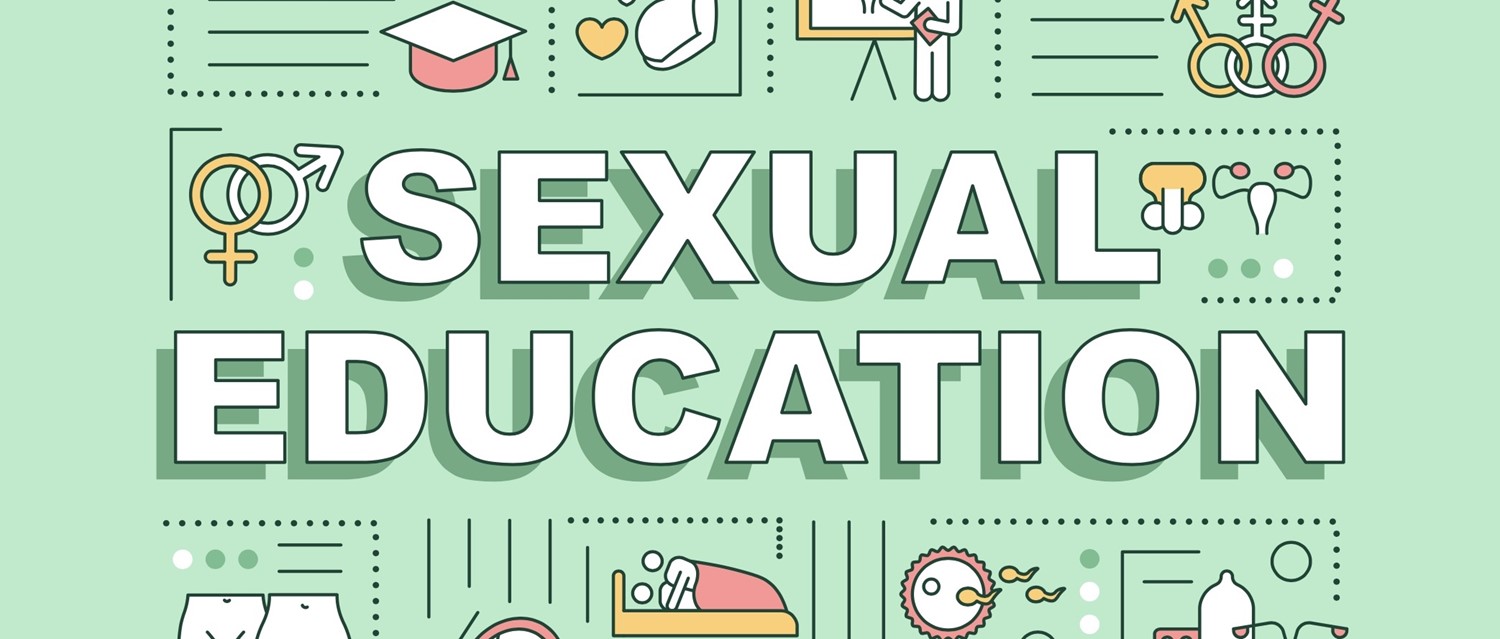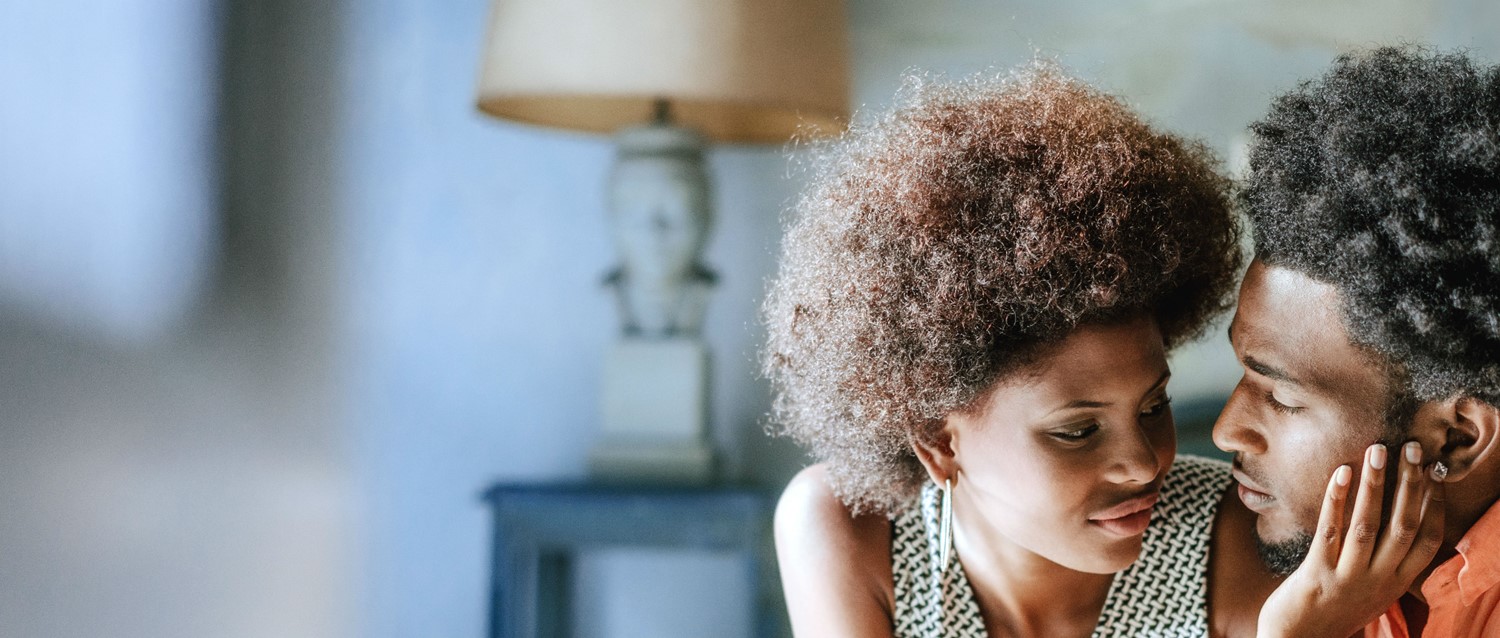
Teenage sex education: the best digital resources for your child
Peer reviewed by Dr Krishna Vakharia, MRCGPAuthored by Amberley DavisOriginally published 18 Nov 2022
Meets Patient’s editorial guidelines
- DownloadDownload
- Share
- Language
- Discussion
- Audio Version
Does your teenage child have questions about sex, relationships, their identity, or the physical changes that accompany puberty? Perhaps you're looking for a safe space online where they can explore different aspects of sex education and learn healthy behaviours? There are many helpful resources out there, and we've assembled some of the most trustworthy to help you support your child's sex education.
In this article:
Video picks for General sexual health
Continue reading below
Teenage sexual education
Teenage sexual education encompasses a broad range of topics to help raise informed, confident, and body-positive young people. It includes the physical changes your teenager will go through as well as important information on safe sex, sexuality, consent, healthy relationships, and identity.
The aim is to arm your child with the knowledge and resources they need to make informed decisions about their bodies and lives. While sex education is provided in UK secondary schools, you may be looking for additional resources as your child grapples with the changes and challenges that puberty brings.
It can be hard to know where to start, and which resources align best with your teenager's unique set of interests, questions, or challenges. To help, we've reviewed some of the most trustworthy and engaging digital resources for teenagers.
Sex Positive Families
Back to contentsSex Positive Families is on a mission to help families raise sexually healthy children. This is an online comprehensive sex education resource for children, tweens, teens, and adults.
Useful books and other resources are filterable by age bracket so your teen can easily find relevant content. This website is ideal for those who learn best through workshops and for caregivers looking for home-schooling resources. The site also has colourful and engaging digital tools, including a great range of gender equality posters.
Features include:
Workshops - this includes virtual, in-person, and on-demand webinars for young people.
Their book - founder and sexuality educator Melissa Carnagey has also published "Sex Positive Talks to Have with Kids", a book to help you talk with your teen. It includes more than 150 conversation starters along with activities on a comprehensive range of sexual health topics.
Resource links - a large library of other online resources which you can filter by topic, age, and type.
Continue reading below
BLOOM for All
Back to contentsIf you're looking for a fun, interactive, and trustworthy space for your teen to learn about sex education, have a look at BLOOM for All. Their teen hub teaches teenagers about everything from mental, physical, and sexual health to healthy relationships, gender identity, and sexual orientation.
BLOOM really puts an emphasis on fun, making use of eye-catching layouts as well as interactive tools, such as a personal journal and a period tracker. This makes BLOOM a great online resource for young people who need or enjoy having their own personal space to make their own notes or take part in activities while they explore topics.
Features include:
Teen hub - includes engaging graphics, videos, quizzes, a period tracker, healthy mind audio practices, and an interactive journal log.
Caregiver hub - includes conversation starters and tips, an ask the expert feature, and other useful parenting resources.
Educator hub - the home of BLOOM's expert-designed, skills-based health education curriculum, providing educators with modern lesson plans that empower students with health enhancing behaviours.
Sex, etc.
Back to contentsTeenage sexual education can involve speaking about tough issues, such as unplanned pregnancy, sexual assault, and health information about sexually transmitted diseases, to name just a few. Sex, etc. is a digital magazine for teenagers who enjoy and take comfort from reading about other young people's experiences.
Most of the content is blog-based, delivering straight-shooting articles that discuss the health and social challenges faced by the youth of today. Written by teens, for teens - this format may help your child to understand that whatever they are going through, others have likely gone through similar experiences. This makes Sex, etc. a great destination for teenagers who might feel alone in their struggles.
Features include:
Blogs on a wide range of topics - written for teens, by teens.
Sex education videos - a collection of the best from across the web.
Interactive polls - providing a platform for teens to have their say.
Action centre - includes a clinic finder and conversation starter tools for teens.
Continue reading below
Real Talk
Back to contentsReal Talk is a mobile app that curates real teen stories on a wide range of relationship and sex education topics, including unhealthy relationship signs, gender identity, sexual activity and orientation, and mental health.
Much like Sex, etc., this focusses on exposing your child to other teen experiences that they can empathise with, in order to teach them healthy behaviours that may help them navigate certain situations; from controlling romantic partners to body image issues.
Real Talk nurtures a supportive environment where teenagers can connect through shared experiences, which may help them to feel less alone in, or embarrassed of, their own feelings and stories.
Features include:
New stories every day - submitted by teens and reviewed by a trained team to ensure Real Talk remains a supportive and authentic space.
Ability to share your own stories.
Expert information - health and sexual education for youth from medically accurate sources is available through clickable links.
LGBTQ+: Which is best for exploring gender identity and sexual orientation?
Back to contentsAll of the above resources foster an inclusive environment and provide content for teenagers wanting to explore different gender identities and sexual orientations. But here are two that are particularly useful for curious teens with lots of questions:
BLOOM for All's teen gender identity and sexual orientation page has a wealth of resources, including advice on how to support yourself or someone who is questioning, real life stories, and tips on being more inclusive with your language. What's more, the graphics and videos make this content friendly and accessible.
Sex Positive Families also prides itself on having an "inclusive and shame-free" education strategy. Alongside workshops, the website has lots of resources in the gender and LGBTQ+ pages, including other websites, books, videos, and articles.
Patient picks for General sexual health

Sexual health
The most likely reasons for your low sex drive
It certainly wouldn't be convenient to have sex constantly on the brain. But it's natural to worry about whether your desire (or lack of it) is normal. Here, we explore the complexities of libido and how to seek help if you think yours is in need of a boost.
by Natalie Healey

Sexual health
Teenage sex education: the best digital resources for your child
Does your teenage child have questions about sex, relationships, their identity, or the physical changes that accompany puberty? Perhaps you're looking for a safe space online where they can explore different aspects of sex education and learn healthy behaviours? There are many helpful resources out there, and we've assembled some of the most trustworthy to help you support your child's sex education.
by Amberley Davis
Continue reading below
Article history
The information on this page is peer reviewed by qualified clinicians.
18 Nov 2022 | Originally published
Authored by:
Amberley DavisPeer reviewed by
Dr Krishna Vakharia, MRCGP

Ask, share, connect.
Browse discussions, ask questions, and share experiences across hundreds of health topics.

Feeling unwell?
Assess your symptoms online for free
Sign up to the Patient newsletter
Your weekly dose of clear, trustworthy health advice - written to help you feel informed, confident and in control.
By subscribing you accept our Privacy Policy. You can unsubscribe at any time. We never sell your data.